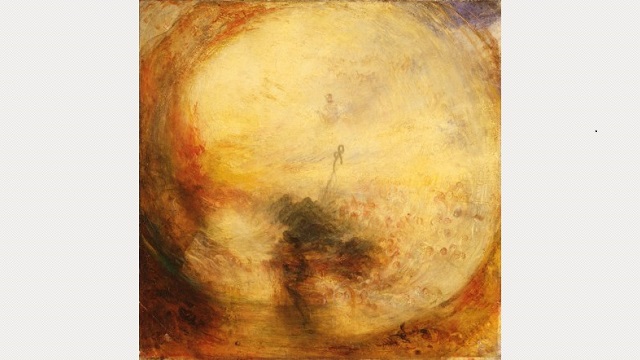Nobel Prize-Winning Discovery Should Shed New Light on Alzheimer’s

Several scientists who have worked for 40 years analyzing the brain’s navigation system have been awarded the 2014 Nobel Prize in Medicine. Their discovery of a group of cells that in effect serve as the brain’s GPS could pay dividends down the line with regard to understanding how Alzheimer’s and other types of dementia develop.
Here’s Ben Hirschler of Reuters, via The Huffington Post:
“Since these spatial cells are among the first to be hit in Alzheimer’s and other forms of dementia — explaining why sufferers often lose their way — understanding how they are degraded should shed important light on the disease process.
That is the belief of British-American researcher John O’Keefe, winner of the 2014 prize alongside Norwegians May-Britt and Edvard Moser, who plans to take his research to the next level as director of a new brain institute in London.”
As Hirschler notes in his piece, the coming decades will be a major pivot point for dementia research. About 44 million people worldwide suffer from it now and that figure will more than triple by 2050. Barring a major medical breakthrough, one in 8 people will suffer from Alzheimer’s by the middle of the this century.
Alzheimer’s is among the most common and destructive forms of dementia. Sadly, despite the efforts of dedicated researchers the world over, no treatment yet exists that can slow the disease, let alone cure it. While O’Keefe and his team are no doubt excited about their Prize and discoveries, he’s not entirely confident that relief is soon to come.
Again, from Hirschler:
“We all know there is a time bomb there,” O’Keefe said. “We are starting to get a handle on it but that doesn’t mean it is going to turn into a cure in the immediate future.”
Read more at The Huffington Post
Photo credit: Lighthunter / Shutterstock





